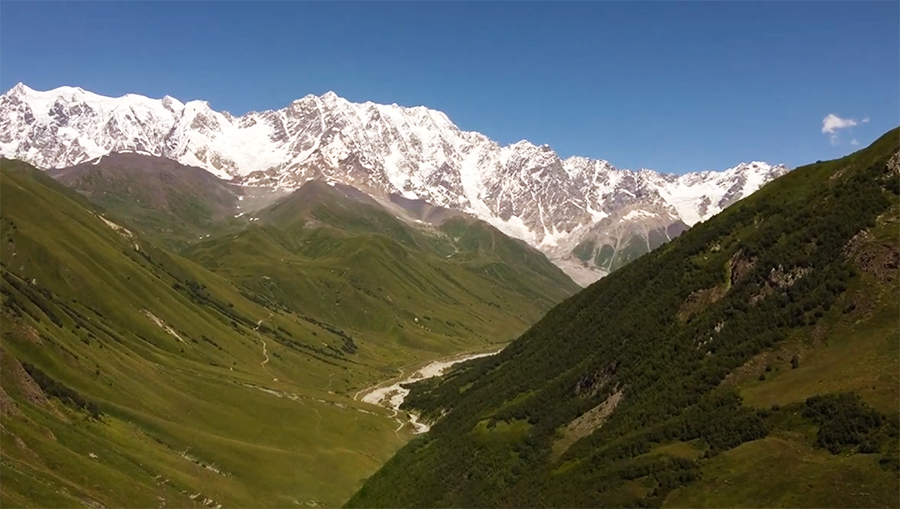
Experts, donors and policymakers have gathered for a six-day conference in Paro to find solutions for mitigating and adapting to climate change in the Hindu Kush Himalayan region. The conference serves as a platform to exchange knowledge and develop plans for securing future funding for climate action. With this year on track to be the hottest on record, with temperatures surpassing the global target of 1.5 °C, experts warn that the effect could be more acute in the Himalayas.
 According to the UN’s Intergovernmental Panel on Climate Change (IPCC), if global temperatures stabilise at 1.5 degrees above pre-industrial levels, at least 1.8 to 2.2 degrees of warming will occur in the Hindu Kush Himalayan region. This, the panel says, could accelerate the melting of glaciers and disrupt water, food, and energy access, affecting biodiversity and causing natural disasters.
According to the UN’s Intergovernmental Panel on Climate Change (IPCC), if global temperatures stabilise at 1.5 degrees above pre-industrial levels, at least 1.8 to 2.2 degrees of warming will occur in the Hindu Kush Himalayan region. This, the panel says, could accelerate the melting of glaciers and disrupt water, food, and energy access, affecting biodiversity and causing natural disasters.
The conference, the International Expert Group Meeting of the Mid-Latitude Region Network, stressed that having a dataset that will help in predicting and mitigating climate events is crucial.
“So whatever our effort for tackling climate change is, it must be based on a scientific data set. So this approach based on climate dataset, or information probably could have very prominent and very promising solutions for tackling climate change and negative climate change impacts,” said Jong Ahn Chun (PhD), a research fellow, IPCC, South Korea.
“AI is support power to predict any issues using a given data set. So, if we provide enough data to AI, we can predict any climate change related to gestures. For example, if we have a sufficient amount of precipitation data, we can predict when flooding happens and where floods could happen,” said Sangchul Lee (PhD), an assistant professor of Environmental Science and Ecological Engineering at Korea University.
The conference promotes research activities and international cooperation focused on the Mid-Latitude Region or countries in the temperate zone.
“The conference provides a common platform for policymakers, researchers, NGOs and donors to come together on a common ground and look at what are the pressing issues the mountain countries are facing and sort of develop smart interventions to address climate change,” said Sonam Wangyel Wang(PhD), a research professor of Korea University.
“Such kind of gathering is not only just scientific discussion, it is mostly how we can minimise the possible negative impact of climate change,” said Batjargal Zamba (PhD), advisor of Information and Research Institute on Meteorology, Hydrology and Environment, Mongolia.
This year’s conference primarily focuses on the Hindu Kush Himalayan region, which holds the third largest reserve of fresh water, providing key ecosystem services to over two billion people.
“In this mid-latitude region, including Bhutan, Nepal, and Central Asian countries, almost half of global people live in this area. Their living condition and living standards are not so good compared to the Northern Hemisphere, the European countries. But there is no cooperation among the mid-latitude region countries,” said Woo-Kyun Lee (PhD), chair of the Mid-Latitude Region Network, South Korea.
“I think this is very important for Bhutan as well. We could also develop a plan together to project proposals to source funding, common funding and then exchange the knowledge and experience within the most impacted countries like Bhutan being one of them,” said Sangay Dorji (PhD), a technical director of Tarayana Foundation.
Experts and donors from Bhutan, Nepal, Mongolia, South Korea, Kazakhstan and Kyrgyzstan were involved in the conference.
According to the organisers, the meeting establishes new partnerships to advance research, development, and capacity building to optimise the water, food, energy, and ecosystem nexus in the region.
Singye Dema
Edited by Kipchu








